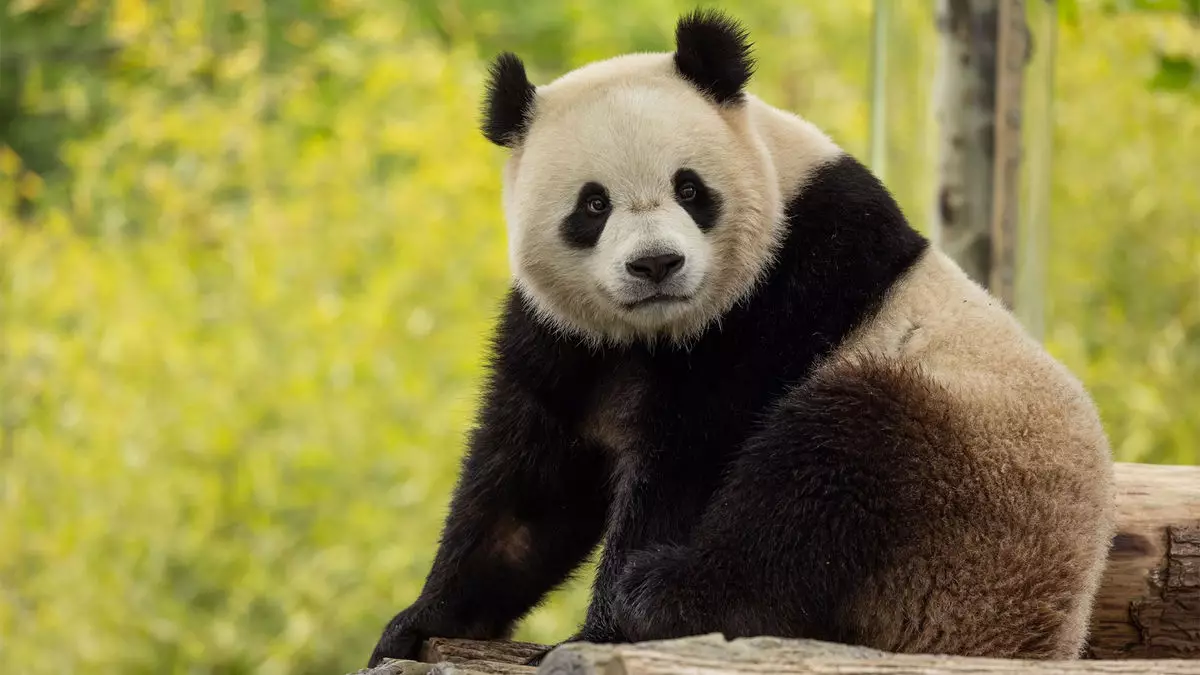The recent arrival of two giant pandas, Bao Li and Qing Bao, at the National Zoo in Washington, D.C., marks not just a joyful occasion for wildlife enthusiasts but an economic boon for local businesses. After a dry spell of more than a year without these charming creatures, their reintroduction on January 24 has triggered what some are dubbing ‘panda-monium’ in the city. As the only zoo in the United States where visits to see giant pandas are free, the National Zoo serves as a beacon, attracting millions of visitors and providing fertile ground for businesses to thrive.
Elliott Ferguson, CEO of Destination DC, highlights the immediate uptick in zoo attendance, indicating a direct correlation between the return of the pandas and increased foot traffic. With attendance having plummeted by 16% during the absence of pandas, the re-emergence of these beloved animals has rekindled interest in the zoo and the surrounding areas. This surge in visitation is expected to create a ripple effect — elevating the local economy beyond mere ticket sales to encompass lodging, dining, and other services.
Creating Unique Experiences
In light of this panda craze, local businesses are innovatively capitalizing on the excitement. Various hotels and restaurants are making calculated moves to entice visitors by crafting panda-themed packages and offerings. The Lyle Washington DC, for instance, is capitalizing on the zeitgeist with its “Panda-monium at Lyle” package. This enticing offer doesn’t just cater to those looking for accommodation; it embodies a unique experience that includes panda-inspired cocktails and treats, alongside practical perks like transportation credits. These packages, starting around $300 per night, are not merely a transactional offer but an invitation to immerse oneself in the cultural phenomena surrounding the beloved pandas.
Other establishments are joining the bandwagon with creative twists on classic hospitality. The Watergate Hotel is welcoming families with its “Welcome Home, Pandas” offer, which includes panda-themed goodies and even a set of pajamas designed specifically for children. This approach resonates well with families looking to create fond memories during their visit.
A Luxurious Panda Escape
For visitors seeking a more lavish experience, the Conrad Washington DC presents a luxury package that is hard to resist. Priced at a staggering $5,500, this two-night stay promises an “ultimate panda adventure.” It not only encompasses premium lodging but also curated experiences such as private zoo visits and exclusive gifts. With such opulence on offer, this package not only caters to affluent visitors but subtly elevates the panda experience to a status symbol. It’s an intriguing commentary on how luxury tourism can adapt to local cultural events, expanding the traditional scope of travel incentives.
Artisan Offerings in the Shadow of the Zoo
Culinary establishments surrounding the zoo are also getting in on the action. Duke’s Counter, a modern British restaurant, has launched a pop-up bar aptly named the Bamboo Bar, featuring drinks named after the cuddly creatures. The creativity doesn’t stop at beverages alone; they’ve also developed merchandise like T-shirts and mugs to engage visitors further. Meanwhile, a nearby nut-free bakery, Baked by Yael, has identified a niche market with over 40 panda-themed products, attesting to the extensive adoration for the charismatic bears.
This strategic alignment with the panda excitement emphasizes that economic growth is not merely about increasing visitor numbers but also about creatively enhancing their experience. Businesses that tap into the emotional connection people have with these animals are far more likely to cultivate customer loyalty and stimulate sustainability.
While it’s challenging to fully quantify the economic impact of the panda arrivals at this juncture, it is clear that local businesses are proactively seizing this opportunity to lay the groundwork for sustained growth. As Bao Li and Qing Bao capture hearts and imaginations, they simultaneously drive a dynamic shift in Washington’s commercial landscape, proving that sometimes the allure of a gentle beast can redefine an urban economy. The ripple effects of this adorable phenomenon may very well echo throughout the city long after the excitement subsides, fostering a community enriched by both wildlife and commerce.


Leave a Reply